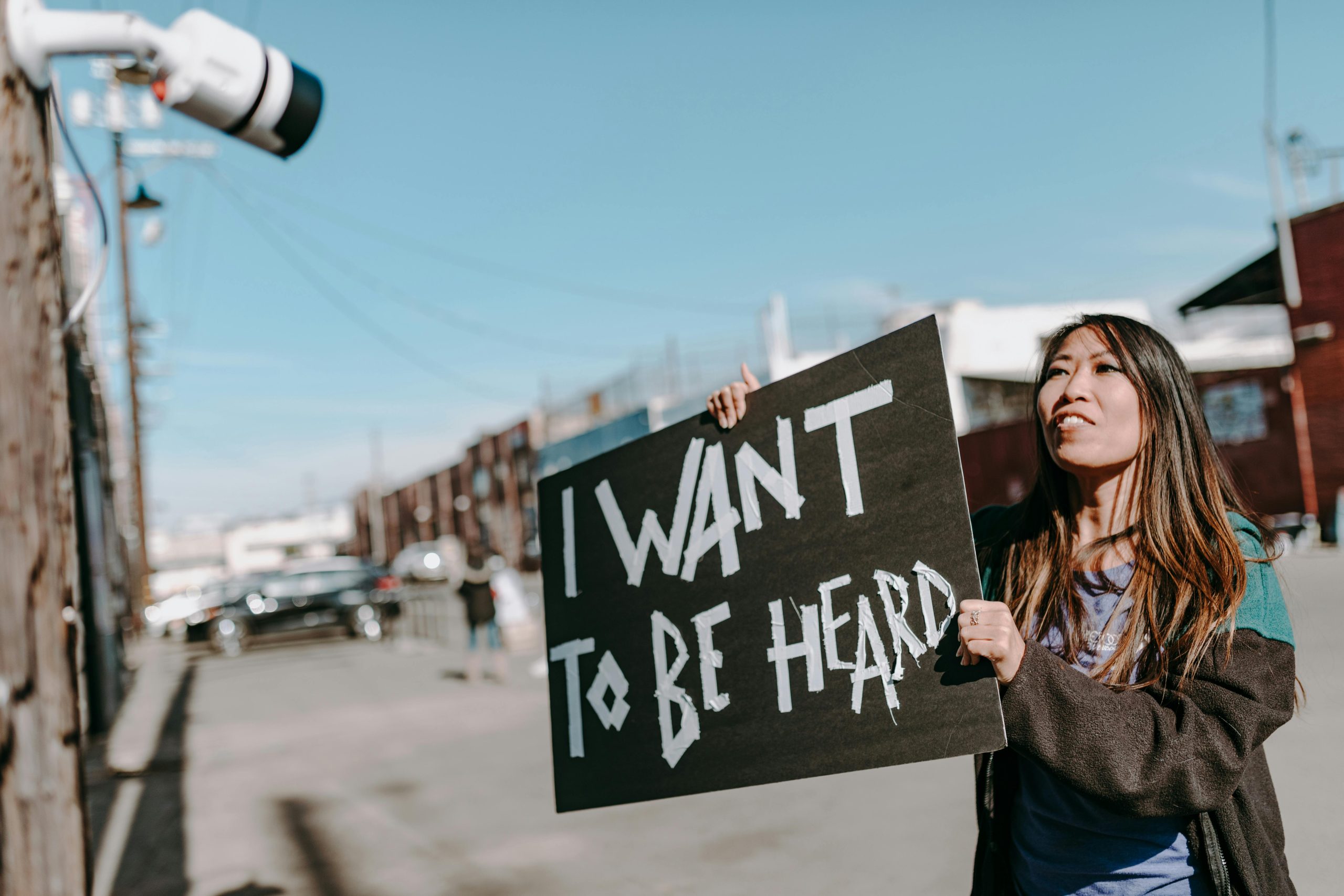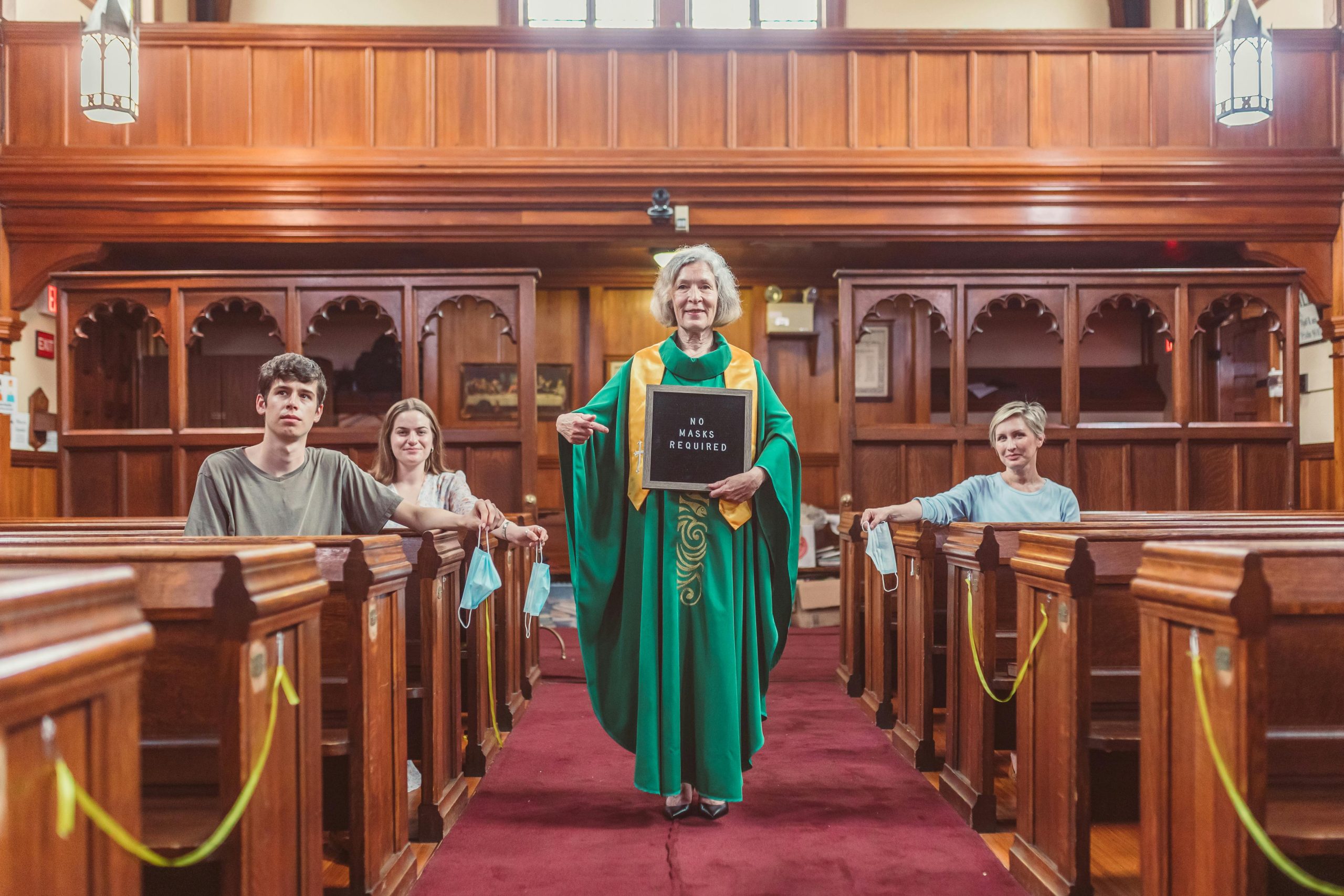The Evolving Landscape of the Conspiracy Movement Post-Bill Cooper
The conspiracy movement underwent a significant transformation following the untimely death of Bill Cooper, a figure whose insights once enlightened a dedicated following. In his presence, awareness of conspiracy theories was limited, yet those who engaged with his ideas possessed a keen understanding of the fundamental systems at play. Cooper famously articulated that both the Democratic and Republican parties were influenced by a singular Illuminati conspiracy, orchestrating a façade of political opposition while undermining the Constitution. He labeled those who blindly trusted the government and mainstream media as “sheeple,” a term that reflects the way many perceive the uncritical masses.
After Cooper’s passing, the landscape shifted dramatically. Figures like Alex Jones emerged to fill the void, capturing the attention of new adherents, especially in the wake of significant political events. The controversial presidency of George W. Bush, marked by the Iraq War and deceptive narratives surrounding 9/11, fueled a greater skepticism among the American public. However, many who joined the conspiracy movement during this time soon found themselves ensnared in a new web of misinformation—particularly the “Obama deception,” followed by the “Trump deception” once Jones endorsed him for president. Meanwhile, others were aligned with opposing figures such as Webster Tarpley, who backed Hillary Clinton.
Reflecting on personal experiences, I once considered myself part of the mainstream crowd, even supporting Trump until a profound shift in understanding occurred in 2021. Observing Trump’s continuation of wartime policies initiated by his predecessors, coupled with questionable actions like supporting Saudi Arabia against Yemen and endorsing lockdown measures during the pandemic, led me to question the narrative being fed to us. Many rationalized these actions, asserting that he was being misled by his advisors, a stance I once shared.
However, my perspective shifted dramatically after I made the decision—along with many others—to receive the Covid-19 vaccine. Experiencing adverse reactions compelled me to investigate the vaccine’s side effects more deeply. I grew frustrated with the realization that Trump had spearheaded Operation Warp Speed, which not only expedited vaccine approval but also shielded manufacturers from liability. This cognitive dissonance revealed the absurdity of claiming he was merely a victim of manipulation. A leader capable of navigating the political landscape of his lifetime could hardly be dismissed as naïve.
This period of introspection ignited a passion for delving into the truth about the conspiracy movement. I sought out Bill Cooper’s seminal




Thank you for sharing this insightful post. The decline of the conspiracy movement post-Bill Cooper indeed raises important questions about the nature of information dissemination and the responsibilities of those who lead discourse within such communities. The emergence of figures like Alex Jones, who often blend misinformation with legitimate skepticism, highlights the complexities of navigating truth in an age inundated with noise.
It’s intriguing to consider how the term “controlled opposition” you mentioned not only reflects a distrust of mainstream narratives but also complicates the perception of alternative voices within the conspiracy sphere. This notion might suggest that followers of conspiracy theories must remain ever vigilant, discerning genuine inquiry from mere spectacle.
Your personal journey underscores a critical aspect of this discussion: the interplay between personal experiences and collective beliefs. The realization that political figures—who often position themselves as outsiders—can also perpetuate harmful agendas requires a rigorous self-examination and a willingness to question even our most ingrained allegiances.
Moreover, this shift illustrates the dangers of echo chambers, where the desire to align with a particular ideology can obscure the reality of complex issues like vaccination and public health. It’s essential for individuals within these communities to cultivate a mindset that embraces nuance and skepticism, examining claims across the spectrum and being open to evolving their perspectives.
As we reflect on Cooper’s legacy and the current state of the conspiracy movement, perhaps we should consider fostering discussions that prioritize critical thinking, interdisciplinary approaches, and shared understanding, rather than merely exchanging one set of dogmas for another. How can we encourage this